Magnetic catalysis and the chiral condensate in holographic QCD
Abstract
We investigate the effect of a non-zero magnetic field on the chiral condensate using a holographic QCD approach. We extend the model proposed by Iatrakis, Kiritsis and Paredes in [1] that realises chiral symmetry breaking dynamically from 5d tachyon condensation. We calculate the chiral condensate, magnetisation and susceptibilities for the confined and deconfined phases. The model leads, in the probe approximation, to magnetic catalysis of chiral symmetry breaking in both confined and deconfined phases. In the chiral limit, mq = 0, we find that in the deconfined phase a sufficiently strong magnetic field leads to a second order phase transition from the chirally restored phase to a chirally broken phase. The transition becomes a crossover as the quark mass increases. Due to a scaling in the temperature, the chiral transition will also be interpreted as a transition in the temperature for fixed magnetic field. We elaborate on the relationship between the chiral condensate, magnetisation and the (magnetic) free energy density. We compare our results at low and moderate temperatures with lattice QCD results.